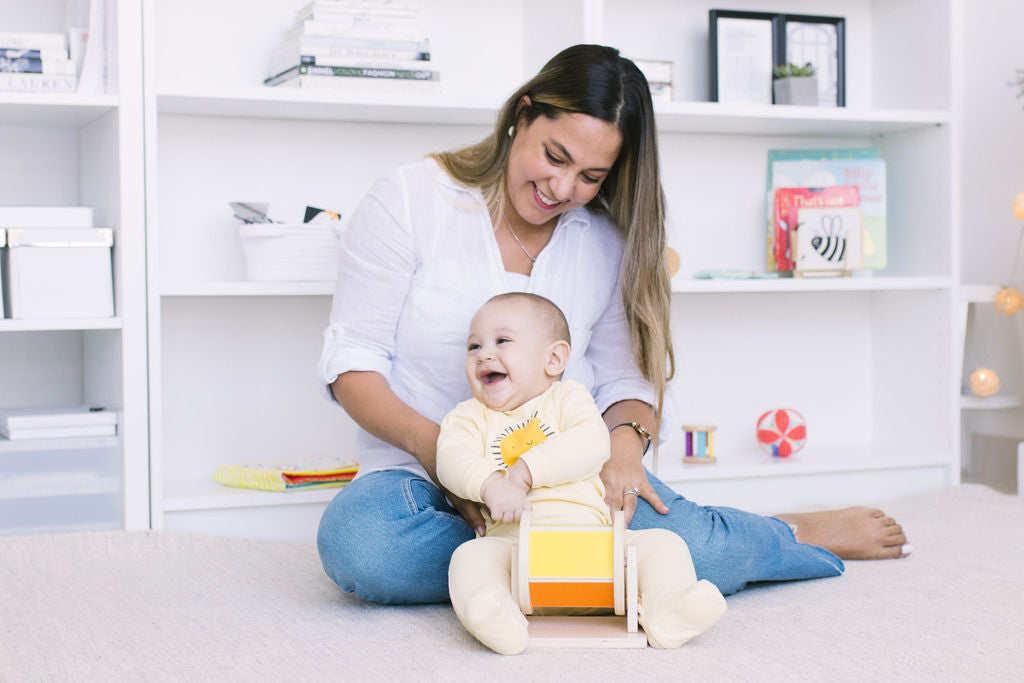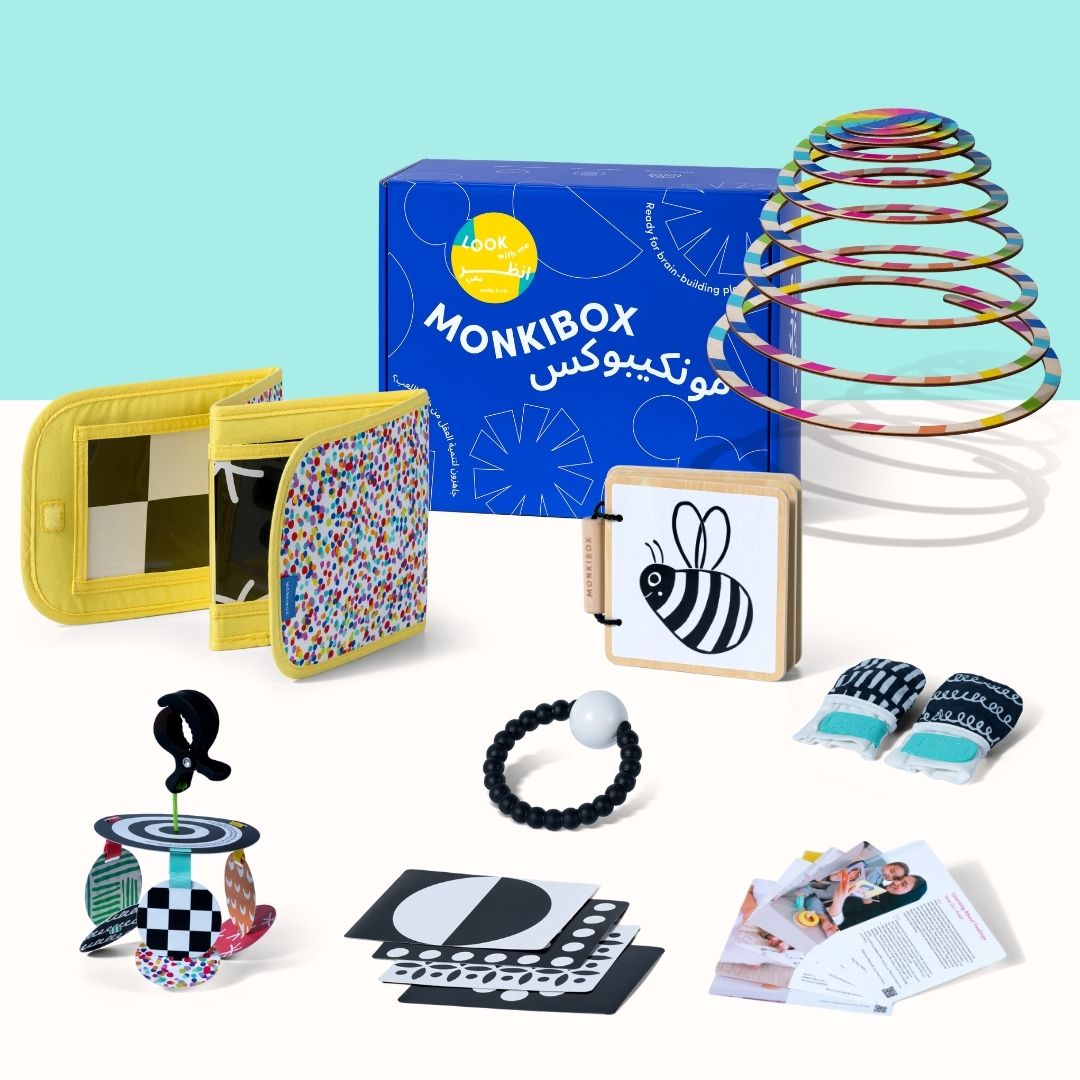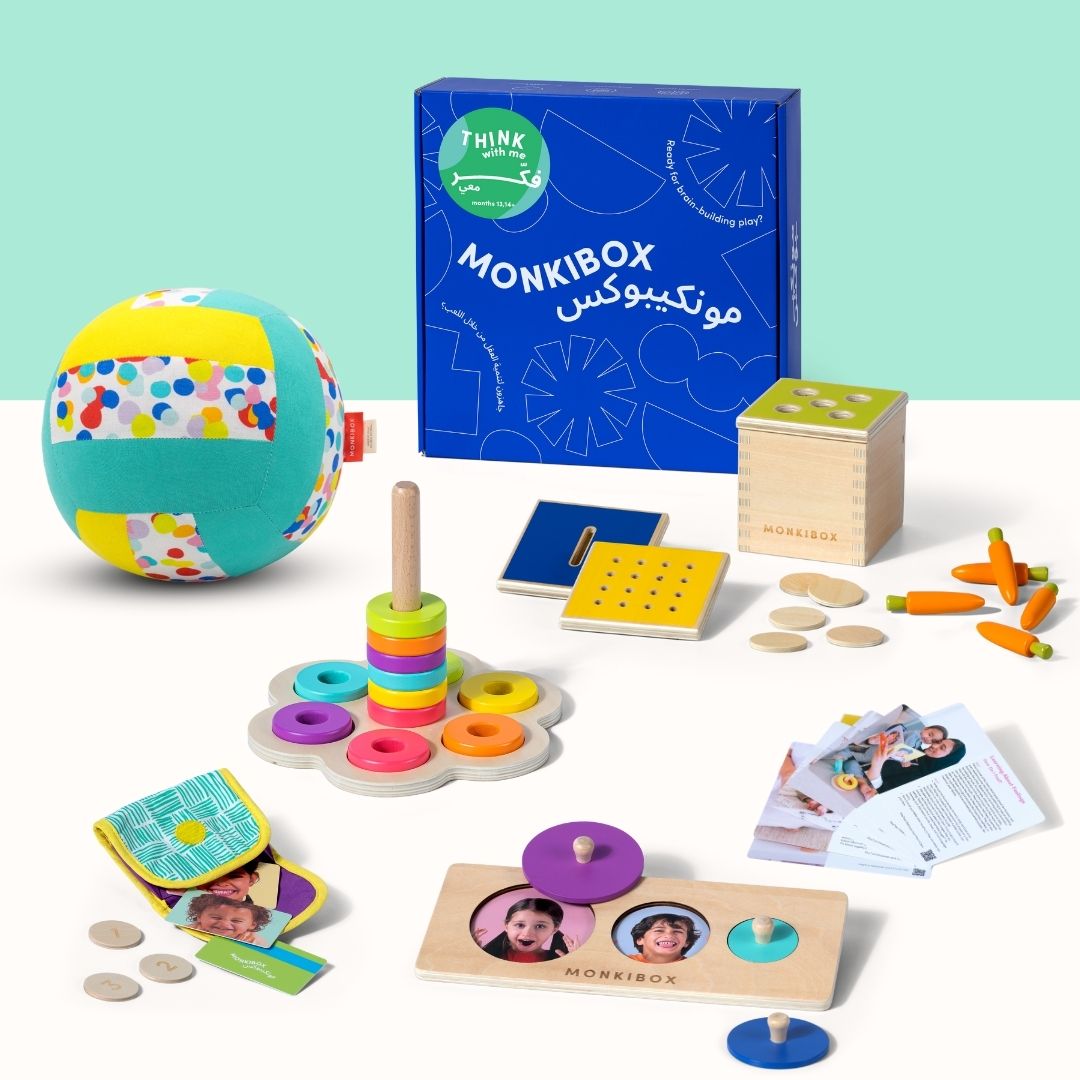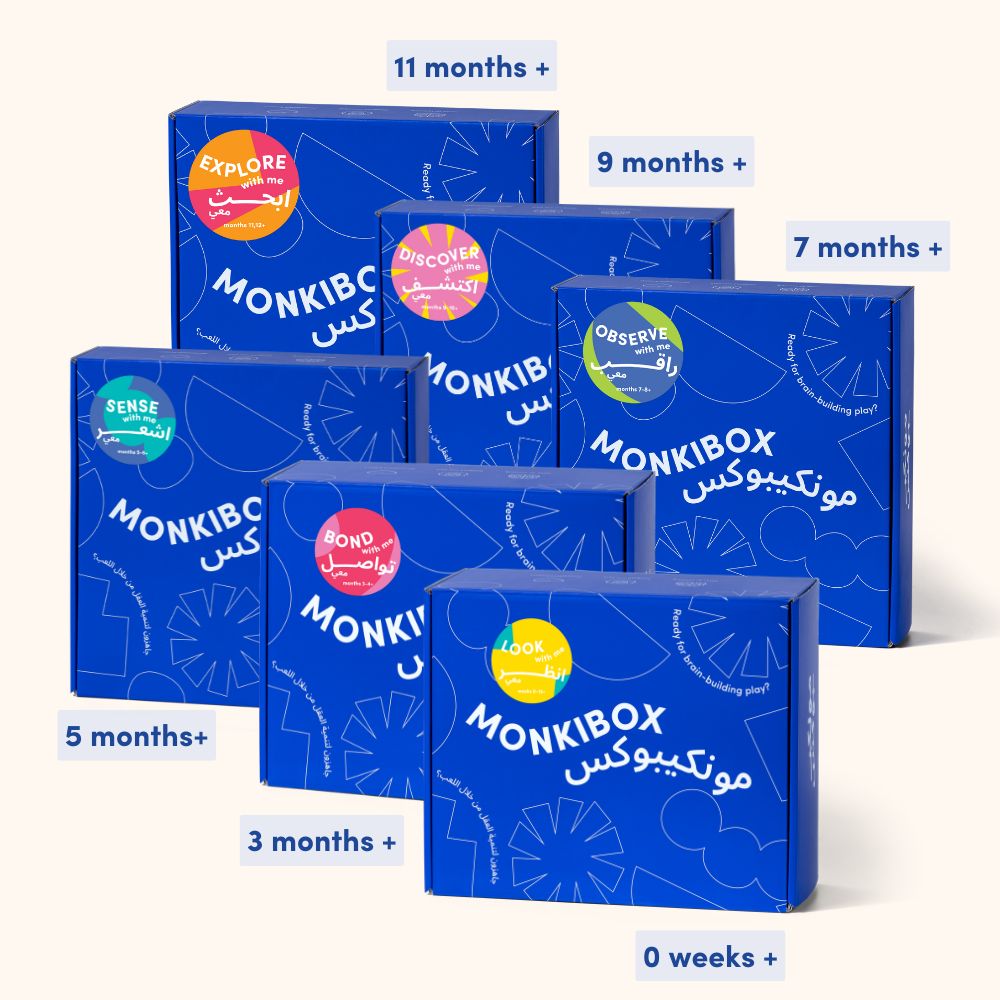A screaming baby, an overflowing laundry basket, burning food on the stove, and you haven’t had a bite to eat all day. The furthest thing from your mind is being a calm adult, let alone a mindful parent.
As counterintuitive and as tricky as it seems, it is during these most difficult times that our babies benefit most from hearing positive language from the grown-ups around them.
Not only will this keep them calm during the chaos of everyday life, but they will look to you as an example of how to react when the going gets tough. Modelling resilience, vulnerability and bravery when we feel tested is immensely beneficial to our little ones.
But the benefits of positive language goes beyond keeping a level head. Positive language increases your baby’s self-esteem and will eventually help them focus on positive behaviour instead of destructive ones.
It is not about praising your child but rather a way of saying precisely what you want your child to do instead of commanding what they should and shouldn’t be doing.
And science seems to agree - initial studies show clear reasons for avoiding negative language. When you hear the word NO, your fight, flight or freeze response is activated and children (and adults) will most likely react with their gut instinct - anger.
Young babies also have no concept of why certain things are dangerous and find it difficult to understand a command such as “No”, “Stop that”, or “Don’t touch that”.
It’s much easier to understand what they CAN do. Instead of saying, “No, don’t play with that!”, redirect them to a safe activity and say, “These toys are safe for you to have fun with”.
Here are five steps to becoming a parent who uses more positive language:
-
Identify the negative language you already use and be mindful of the situations that trigger you most to use negative phrases.
-
There isn’t just one solid phrase to replace, “No”, so learn various positive alternatives and start using them. Here’s a handy cheat sheet of positive phrases you can start using today instead of negative language:
• Don’t throw your toys -> Let’s keep the toys on the ground
• Don’t hit -> Only gentle touches, please.
• This is nothing to get upset about -> I can see this is hard right now. Let’s work together to solve this problem. Would you like that?
-
Continue to set boundaries and keep them consistently because when your babies have a clear idea of what is ok and what’s not, it’s much easier for them to do what is expected.
-
Meaningful choices work better than commanding or requesting, so next time your baby refuses to leave the playground, offer a choice. “Do you want to walk to your stroller, or should I carry you?” will work better than “Get in the stroller right now.”
- Breath! Next time you feel like your baby simply refuses to listen, take a deep breath and give them a minute. Perhaps they were in the middle of completing a task or were just about to figure something out, so have a little extra patience. You might just be amazed at how far your gentle and positive parenting has brought you.
Start the development journey with MonkiBox. Montessori-inspired toys designed to give your child the best start.





